Oct 18, 2023The most pressing ethical concerns in the law enforcement field include: The use of force during policing. Profiling as part of policing. Eliminating bias from policing. Adhering to a strict set of ethical standards as part of off-duty life. Ethics in Legal Counsel
Law 101: Legal Guide for the Forensic Expert | Ethical Issues | National Institute of Justice
Police Leader Why individual integrity is a fundamental value in police leaders As our nation struggles with the current uneasy state of police-community relations, police officers — and police leaders — who can instill community trust through their personal integrity are valuable assets July 02, 2015 01:24 PM • John Vanek
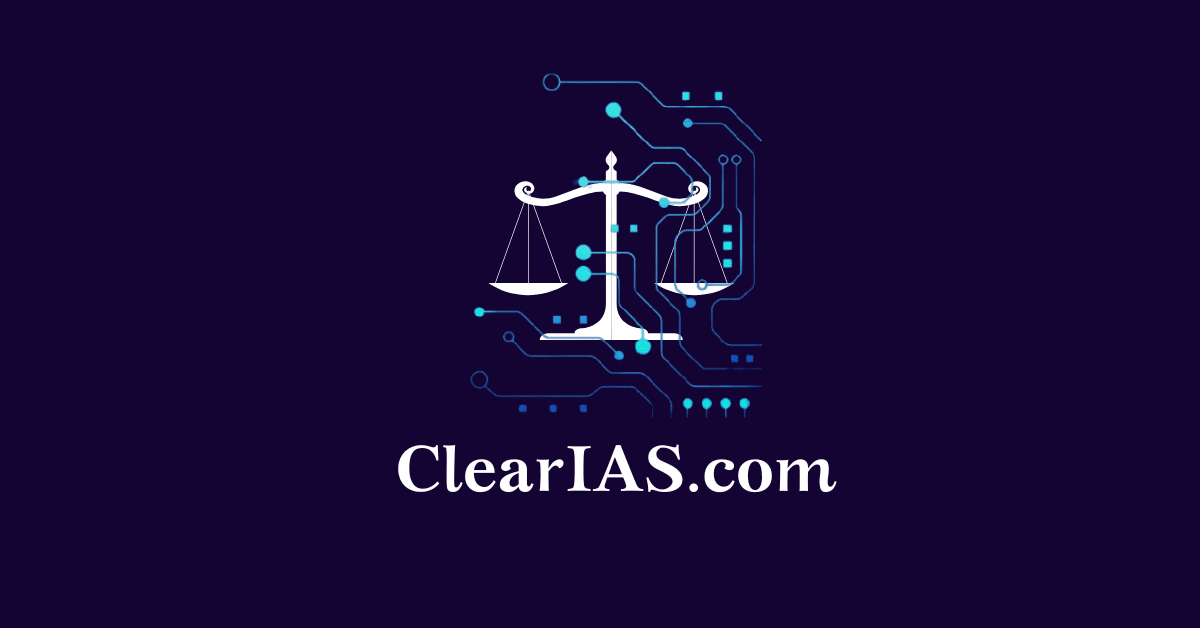
Source Image: clearias.com
Download Image
Law enforcement agencies must develop strong ethical leaders to reduce unethical behavior among officers. 5 These leaders must start and continue both positive and negative reinforcement to
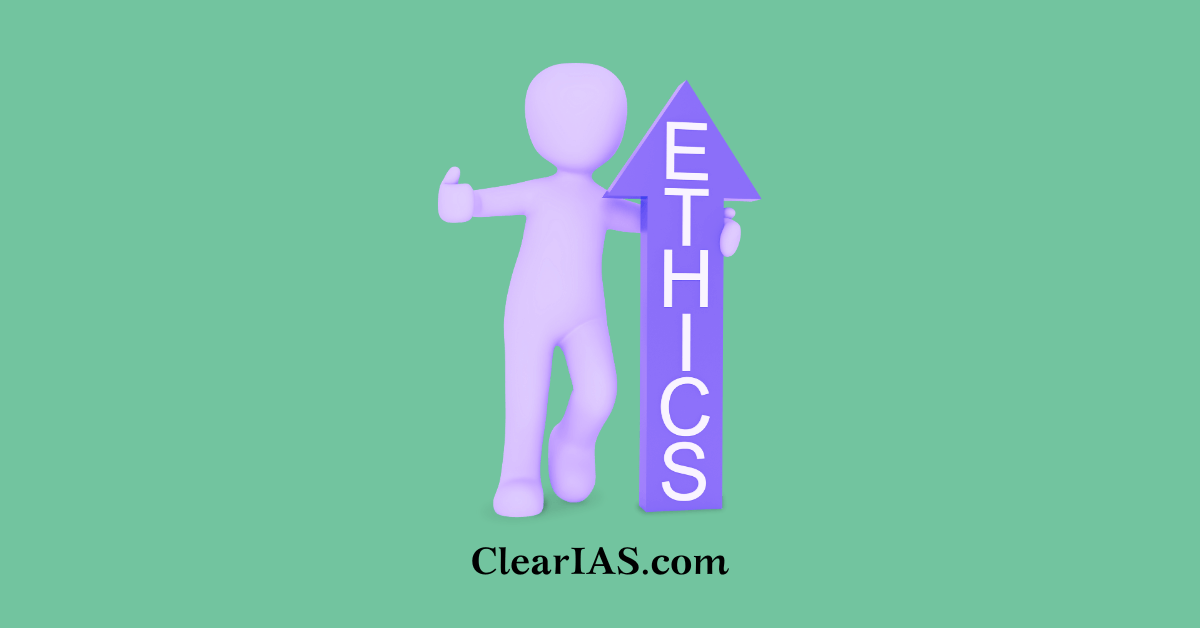
Source Image: clearias.com
Download Image
Ethical Leadership in Policing: Towards a New Evidence-Based, Ethical Professionalism? | SpringerLink Since that time, industry leaders have stressed the importance of ethics in a department’s policy development, training, and supervision. In 2007, the IACP Committee on Public Ethics established the Law Enforcement Oath of Honor. An oath is a solemn pledge made by individuals who sincerely intend to do what they say.

Source Image: cbc.ca
Download Image
Why Are Ethics Important In Law Enforcement
Since that time, industry leaders have stressed the importance of ethics in a department’s policy development, training, and supervision. In 2007, the IACP Committee on Public Ethics established the Law Enforcement Oath of Honor. An oath is a solemn pledge made by individuals who sincerely intend to do what they say. Because law enforcement is a profession, ethics and ethical conduct play an important role. The International Association of Chiefs of Police (IACP) established a code of ethics to govern the conduct of its members. This code of ethics, originally written in 1957, was revised at the IACP conference in Louisville, Kentucky, on October 17, 1989.
Montreal police officers broke ethics code, committee finds | CBC News
Photo/Pixabay The PoliceOne Academy features a one-hour ” Ethics in Law Enforcement ” course. This one-hour course outlines the importance of ethics training and ethical leadership, and reviews how each leadership decision in a police department has an impact. Visit the PoliceOne Academy to learn more. By Kevin Earl Police use AI to analyze body cam audio | Popular Science
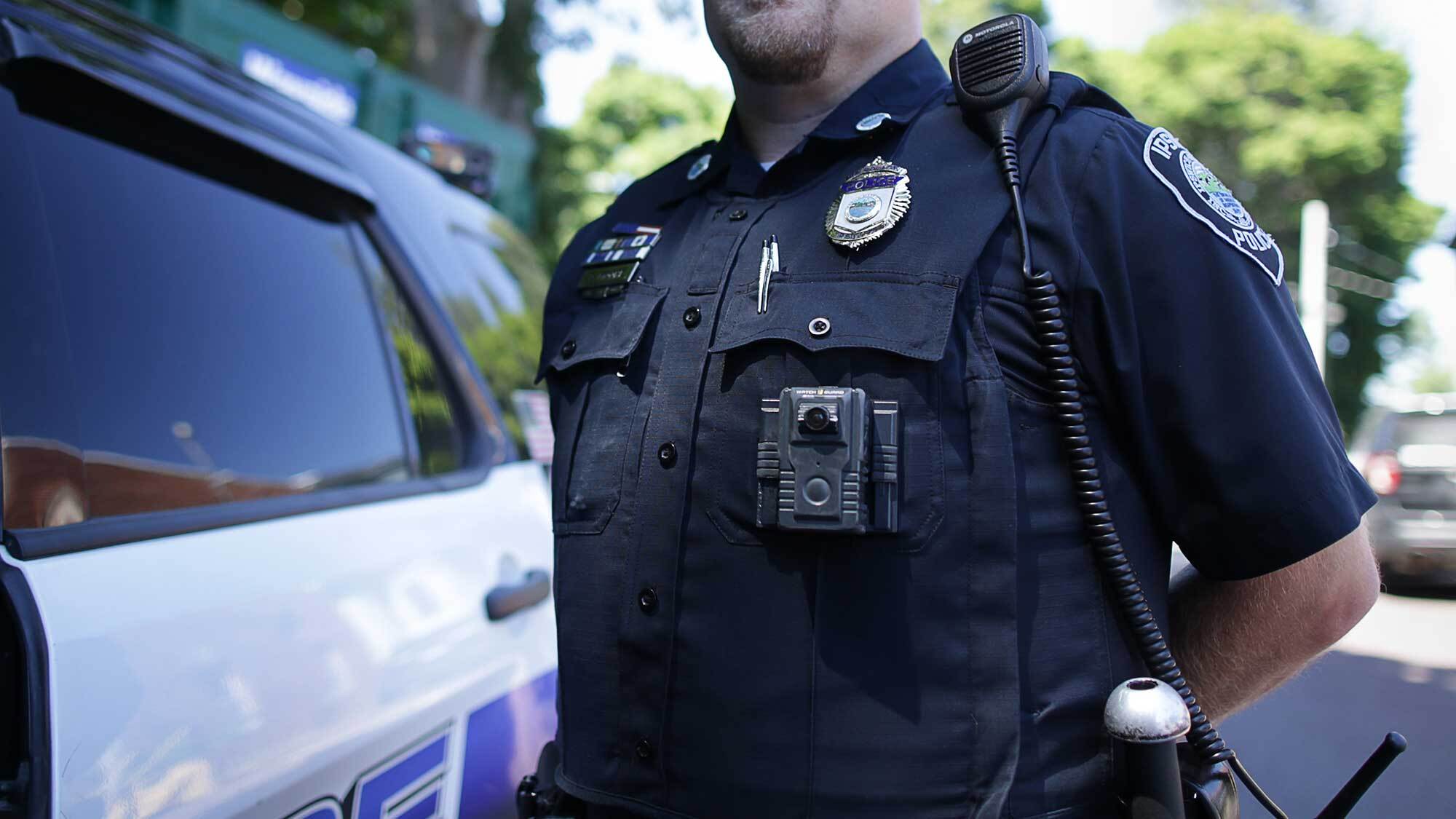
Source Image: popsci.com
Download Image
Corporate Compliance in Healthcare: Ensuring Ethical Practices Photo/Pixabay The PoliceOne Academy features a one-hour ” Ethics in Law Enforcement ” course. This one-hour course outlines the importance of ethics training and ethical leadership, and reviews how each leadership decision in a police department has an impact. Visit the PoliceOne Academy to learn more. By Kevin Earl
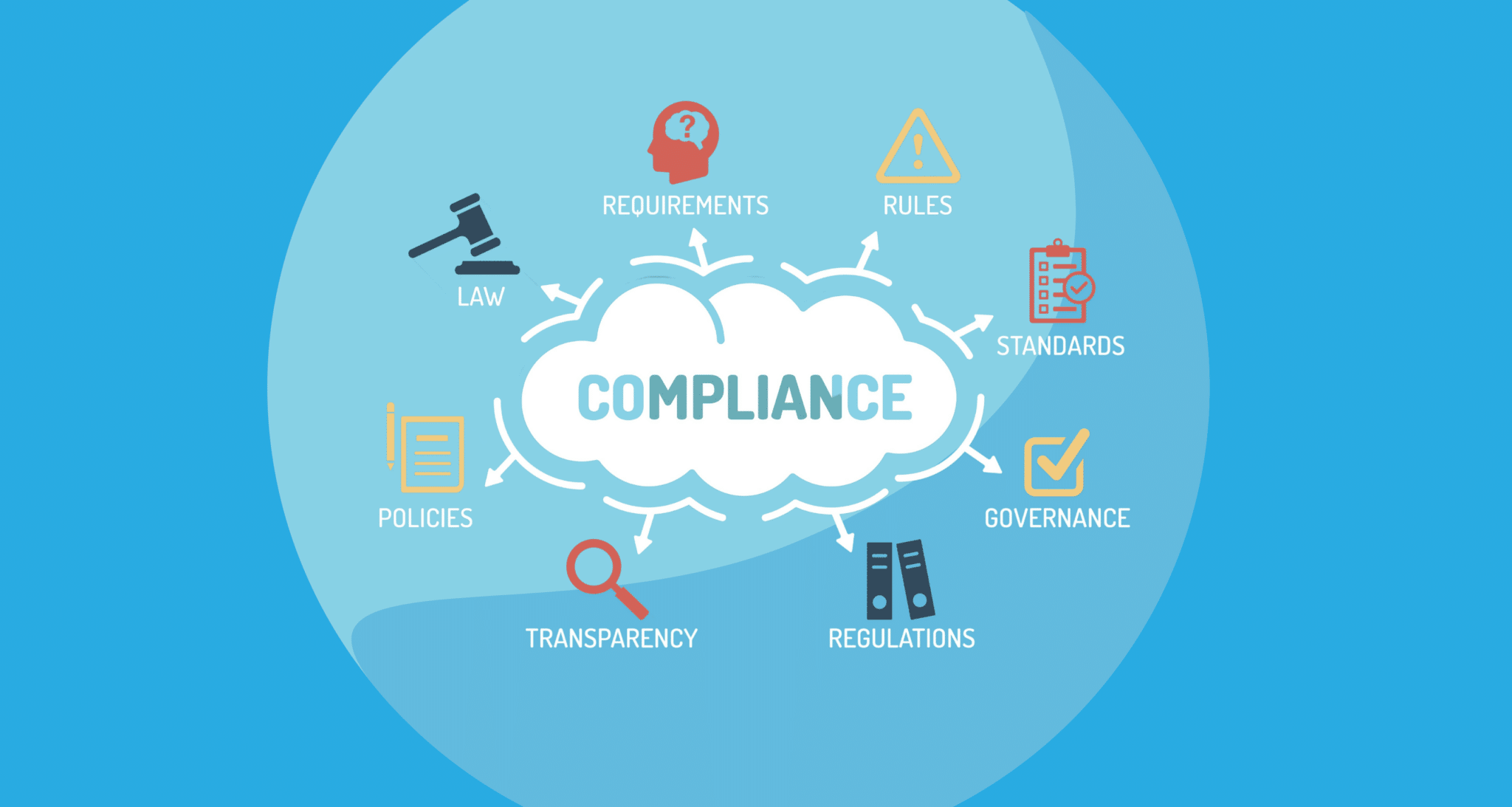
Source Image: compliancy-group.com
Download Image
Law 101: Legal Guide for the Forensic Expert | Ethical Issues | National Institute of Justice Oct 18, 2023The most pressing ethical concerns in the law enforcement field include: The use of force during policing. Profiling as part of policing. Eliminating bias from policing. Adhering to a strict set of ethical standards as part of off-duty life. Ethics in Legal Counsel

Source Image: nij.ojp.gov
Download Image
Ethical Leadership in Policing: Towards a New Evidence-Based, Ethical Professionalism? | SpringerLink Law enforcement agencies must develop strong ethical leaders to reduce unethical behavior among officers. 5 These leaders must start and continue both positive and negative reinforcement to
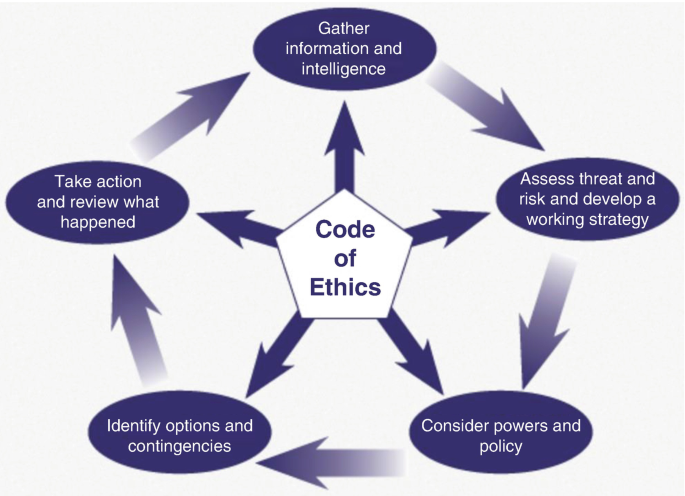
Source Image: link.springer.com
Download Image
Psych | Free Full-Text | Ethical Decision-Making in Law Enforcement: A Scoping Review Officers abide by a code of ethics. 1 Society scrutinizes and holds expectations of police conduct at a higher level than many other professions. The ethical wheel has many spokes, including

Source Image: mdpi.com
Download Image
Studying Up: Reorienting the field of algorithmic fairness around issues of power | by Chelsea Barabas | The Startup | Medium Since that time, industry leaders have stressed the importance of ethics in a department’s policy development, training, and supervision. In 2007, the IACP Committee on Public Ethics established the Law Enforcement Oath of Honor. An oath is a solemn pledge made by individuals who sincerely intend to do what they say.

Source Image: medium.com
Download Image
Fundamental Duties as a mean to achieve responsible Citizenry | SCC Blog Because law enforcement is a profession, ethics and ethical conduct play an important role. The International Association of Chiefs of Police (IACP) established a code of ethics to govern the conduct of its members. This code of ethics, originally written in 1957, was revised at the IACP conference in Louisville, Kentucky, on October 17, 1989.
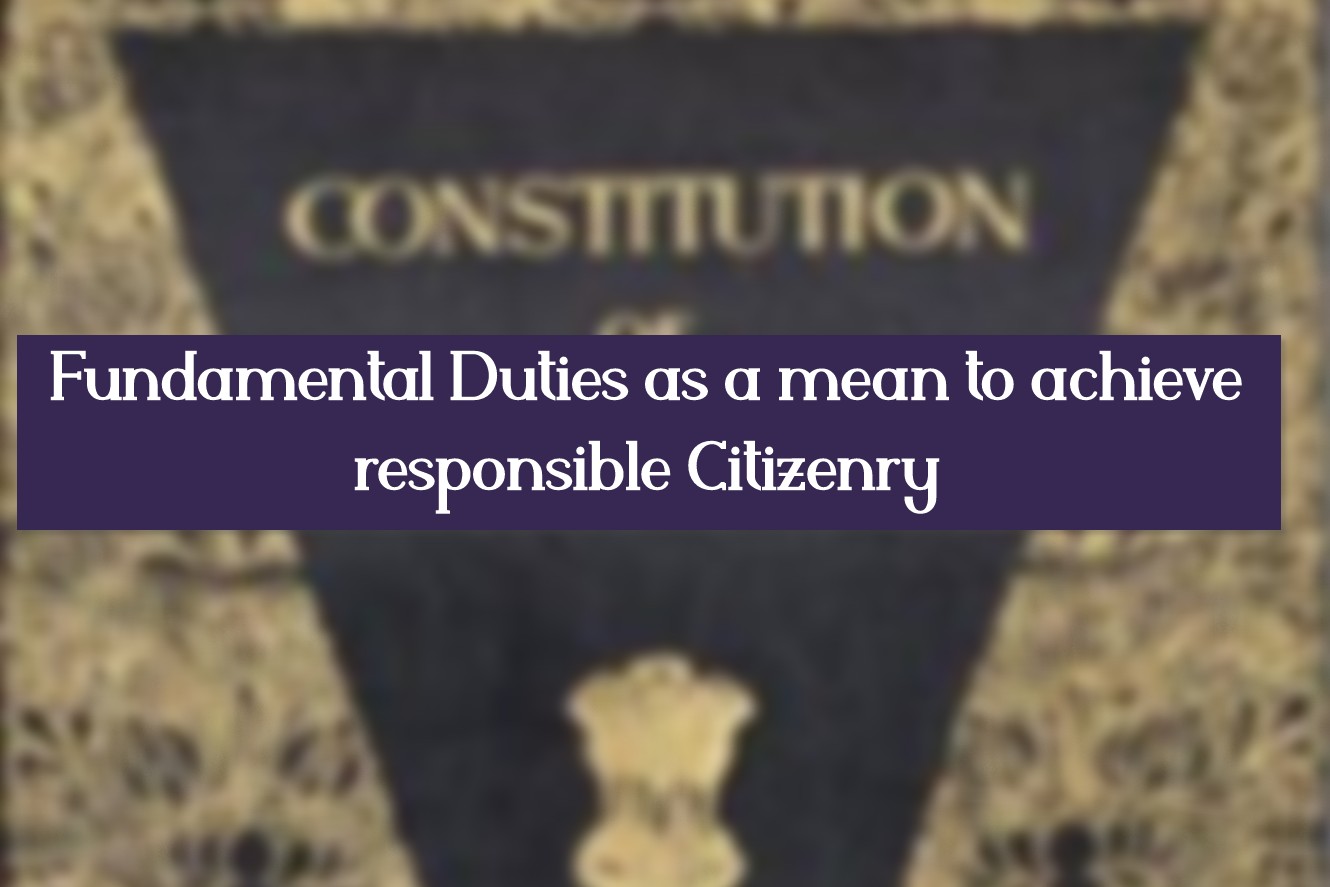
Source Image: scconline.com
Download Image
Corporate Compliance in Healthcare: Ensuring Ethical Practices
Fundamental Duties as a mean to achieve responsible Citizenry | SCC Blog Police Leader Why individual integrity is a fundamental value in police leaders As our nation struggles with the current uneasy state of police-community relations, police officers — and police leaders — who can instill community trust through their personal integrity are valuable assets July 02, 2015 01:24 PM • John Vanek
Ethical Leadership in Policing: Towards a New Evidence-Based, Ethical Professionalism? | SpringerLink Studying Up: Reorienting the field of algorithmic fairness around issues of power | by Chelsea Barabas | The Startup | Medium Officers abide by a code of ethics. 1 Society scrutinizes and holds expectations of police conduct at a higher level than many other professions. The ethical wheel has many spokes, including